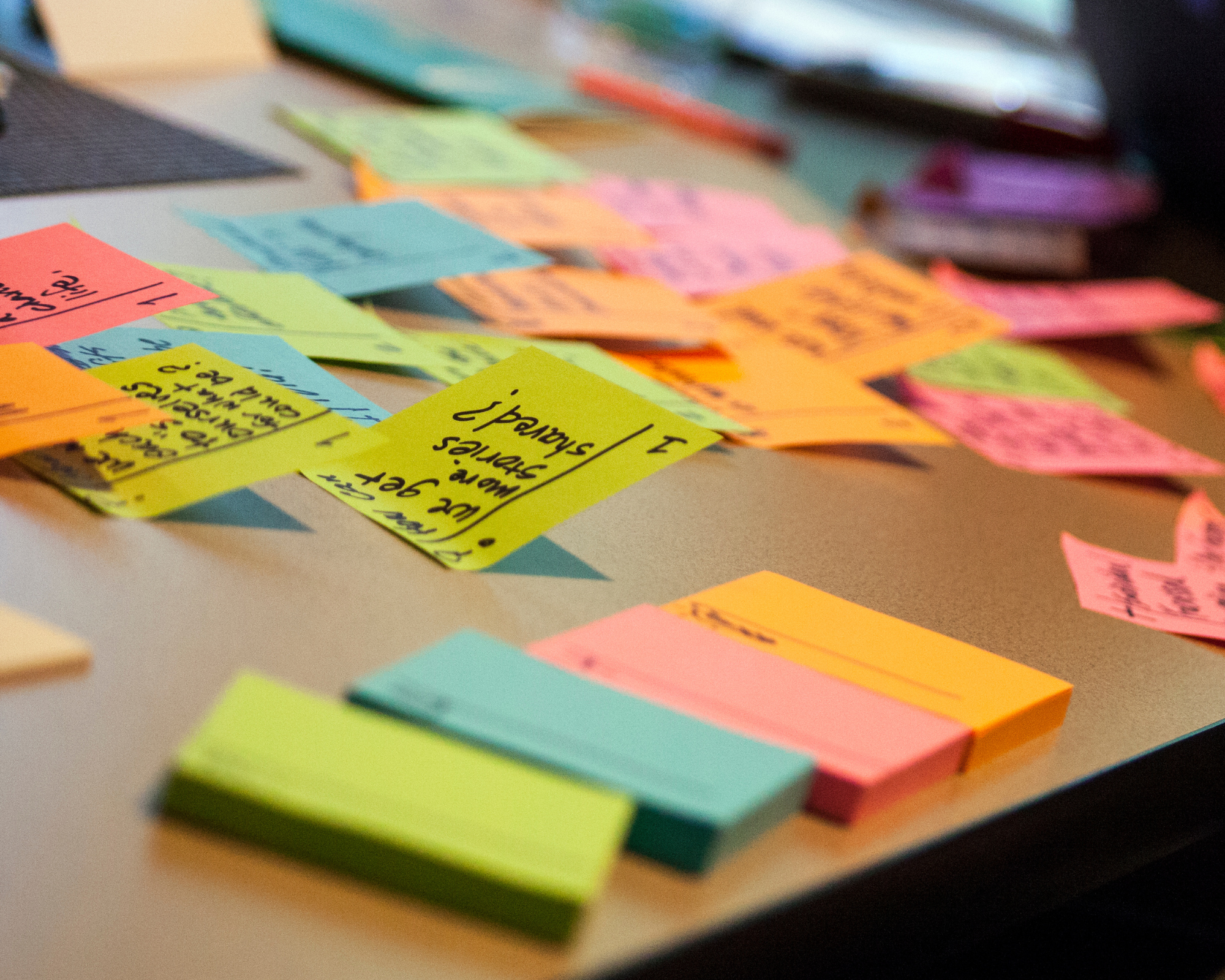We’ve had a busy run of it, with multiple new projects launching over the last three months. These projects cover a wide variety of challenges, from the impact of climate change on zoonotic disease spread and water pollution, to renewable energy systems for cities, and frameworks to stimulate green energy transition in Africa.
In early October, the IDAlert project held its first in person meeting. While the project officially began in July, consortia met in-person for the first time at Heidelberg University for two days of symposiums, brainstorming sessions and knowledge sharing. Establishing these synergies and facilitating knowledge sharing is critical to the success of this project as it involves 19 organisations, across seven countries, with over 100 representatives. Learn more about the project and key takeaways here.


Next stop, Odense, to kick-off D4RUNOFF. As one of the three pilot sites for the project, this was an opportunity for consortia members to witness first-hand, some of the nature-based solutions that are being implemented and tested. Hosted by VandCenter Syd, consortia members who attended the meeting in person were taken to five pilot sites around Odense Kommune. One example included a natural rainwater basin that allows the water to sediment before it is released into the natural environment. In another location, specific soil and vegetation were used to absorb pollutants like heavy metals before it made its way back into the ecosystem. As part of the next day’s activities, participants were led through a brainstorming workshop by Three o’clock to better understand stakeholders, their needs, and habits, eventually feeding into the AI-assisted platform that will be developed by the end of the project.


The next project to kick-off was RES4CITY at Maynooth University in Ireland. This consortium will contribute to the development and implementation of renewable energy systems in urban settings through a training framework of microcredentials. The project will target students and professionals alike who wish to upskill or reskill in green energy transition. By engaging with dedicated actors, this innovative approach converges sustainable actions with education ensuring uptake and follow through. During the session, attendees were taken through a mini workshop to help identify potential stakeholders for the local hubs and the network. Three o’clock also assisted in the public launch of the project at Maynooth University. With 17 partners across nine countries, the project ensures a wide variety of industries and careers are covered within this project.


And finally, December marked the commencement of the ONEPlanET project. Eleven consortium members will develop a common nexus modelling framework to simulate and evaluate pathways to define a more sustainable future in Africa, through the deployment of renewable energy infrastructure. During this online meeting, project officer Irene Pinedo from CINEA went through an overview of the work expected, its reporting, and some common issues which might be expected. Philippe Schild, policy officer from the EU’s Directorate-General for Research and Innovation, presented the Africa EU R&I collaboration context. Consortia will meet physically for the first time in Genoa in February 2023 where Three o’clock will organise a workshop focused on identifying the main barriers for decision making processes linked to the Nexus in each case study.





